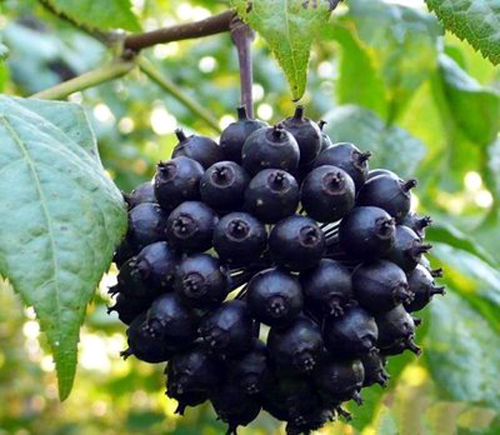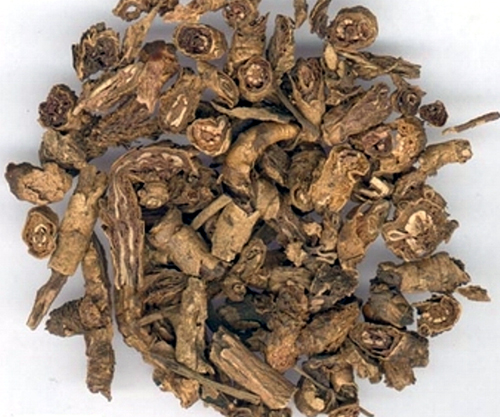Medicinal Properties: Pungent and bitter in flavor, warm in nature and attributive to the liver and kidney meridians.
Actions: Expel wind-damp, strengthen the tendons and bones, and induce diuresis.

Application
1. For Bi-syndrome of wind-dampness type with muscular spasm and stiffness, it can be soaked alone in wine, or used together with Mugua (b-Yuctus Chaenomelis), Sangjisheng (Ramulus Taxqlli), etc..
2. For yin deficiency of the liver and kidney with weakness of waist and knees or retarded ambulation of children, it is usually combined with Huainiuxi (Radix Achyranthis Bidentatae ), Duzhong ( Cortex Eucommiae), Buguzhi (Fructus Psoraleae) and others that tonify the kidney and strengthen the bone.
3. For swollen face and extremities and dysuria, it is usually combined with Fulingpi (Cortex Sclerotii Poria), Jupi (Pericarpium Citri Tangerinae ), and Dafupi (Pericarpium Arecae), etc., such as Wupi Yin (Decoction).
Usage and Dosage:
5 - 10 g is used in decoction for oral use.
Explanation:
In addition, Xiangjiapi (Cortex Periplocae) is from the root and bark of Periploca Sepium, family Asclepiadaceae. It is toxic in nature, can invigorate the heart, induce diuresis and arrest pain. The function is different with Wujiapi (Cortex Acanthopanacis Radicis), so the both Chinese medicinal herbs should not be used confusedly.








